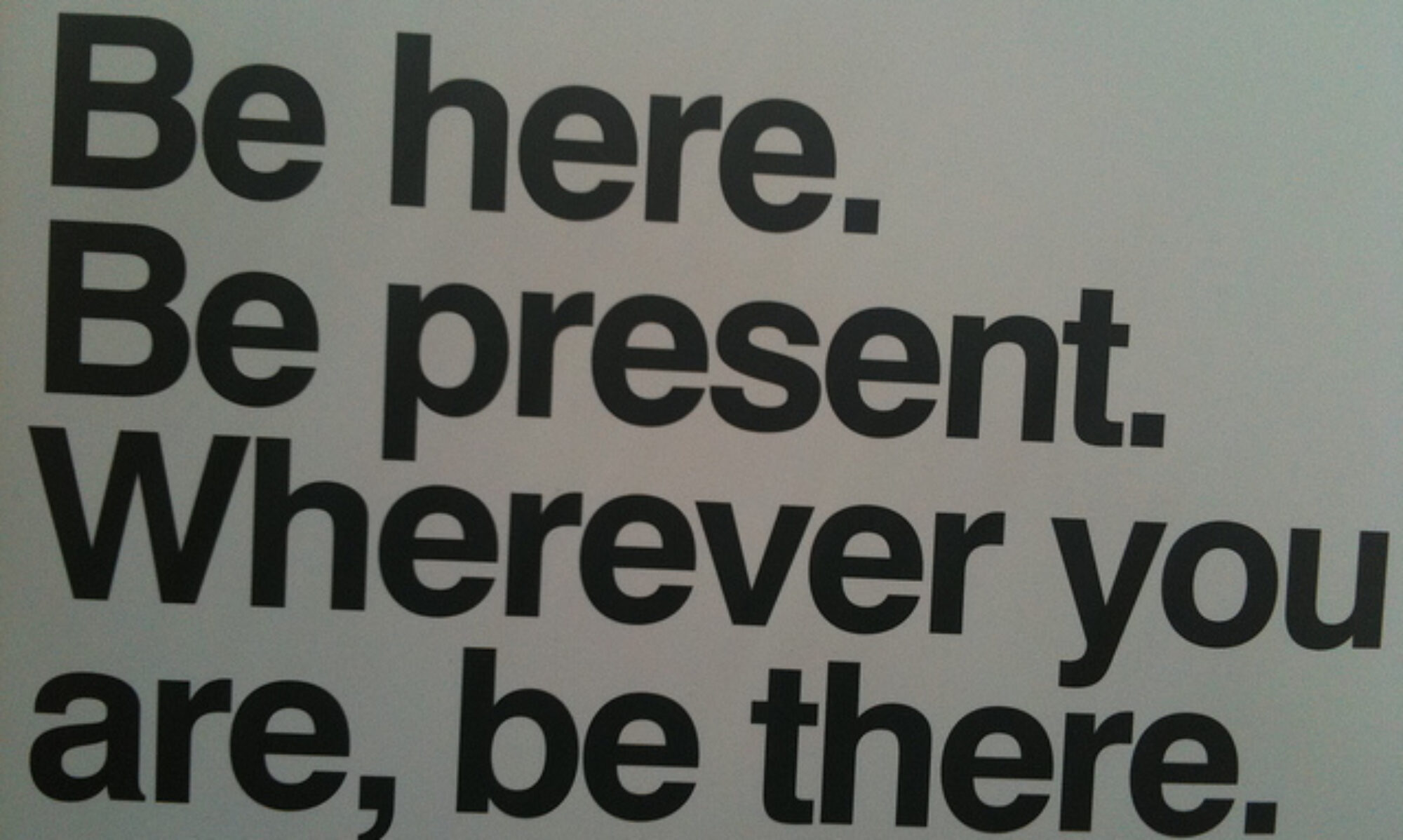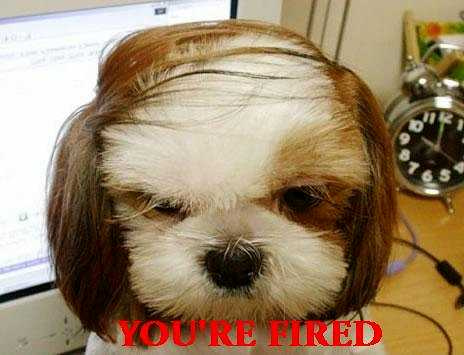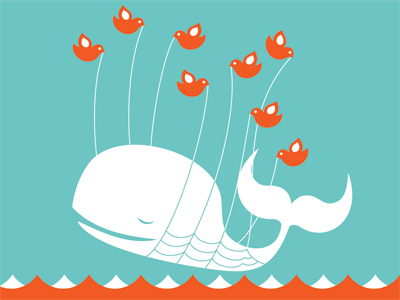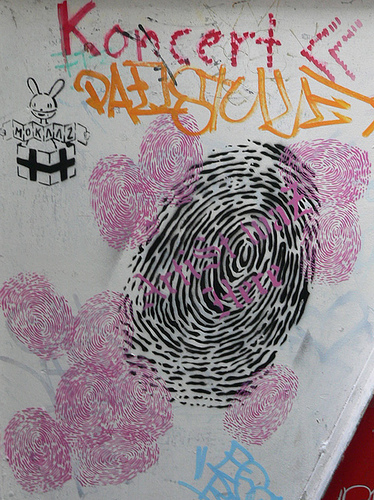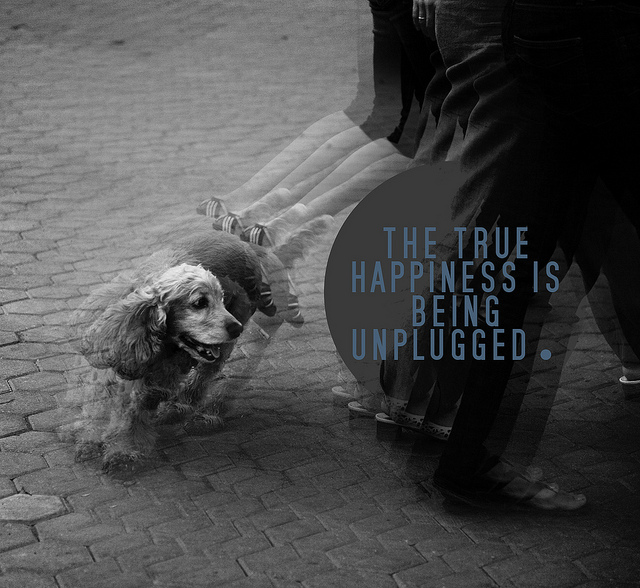So…this vegan thing, let’s talk about it.
I’m struggling, y’all. So many delicious foods are made with dairy – ice cream, cookies, ice cream, pizza. My significant other is doing a much better job than me, I must say, which only makes me feel (slightly) worse. With age, I’ve become more aware of the importance of my diet and how it affects my physical health. Since I transitioned to (99.999) vegetarianism, I can say there is a difference in how quickly I can gain muscle tone, even after a junk food/no workout binge, and my skin has significantly fewer hormonal break outs. Thanks to the power of the Internet, I learned about how dairy affects your cholesterol, adding fats to your blood. But I keep coming back to the deliciousness of ice cream, and my soul hurts. Just like I don’t believe in diet cookies or ice cream, these goodies without the dairy just seems blasphemous.
Since it’s all a journey, I’m still working on it. Bryant Terry, who I consider one of the best vegan author/cook in the game, released his new book today. If you’re in the market for a new resource, whether you’re vegan, vegetarian, transitioning or a full-fledged non-apologizing meat-eater, pick up a copy of “Afro-Vegan: Farm-Fresh African, Caribbean, and Southern Flavors Remixed.” I’m going to get a copy for me and my mom (who is kicking butt at veganism and putting us all to shame over here).
Other resources that I love:
“Vegan Soul Food: Fresh, Healthy, and Creative African-American Cuisine” – took this one from my mom, best thing I’ve taken from her aside from this one super-comfy sweater.
Happy Herbivore – great community of vegans, includes an informative website and some fun cook books.
Dallas Vegan – good online resource for local vegans. Check out their Instagram as well for some yummy food shots to get you hungry.
Local restaurants: Cosmic Cafe, Kalachandji’s, Spiral Diner (Two words: tofu scramble. It’ll change your life.)
Do you have any vegan cook book or Dallas-area restaurants recommendations? Leave them in the comments, and I’ll be sure to check them out.
